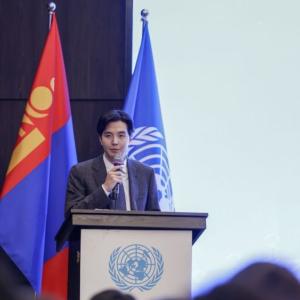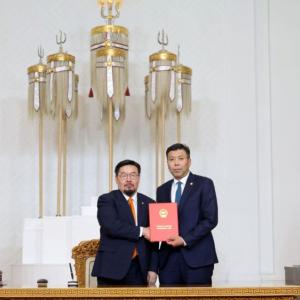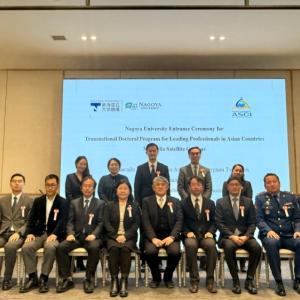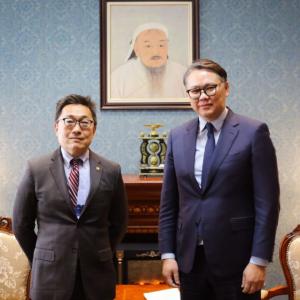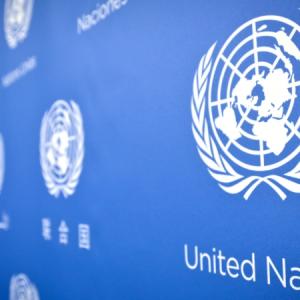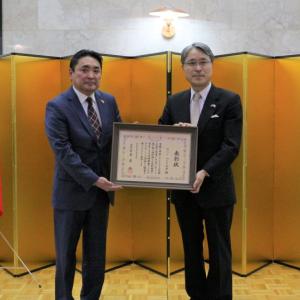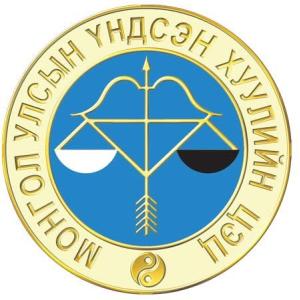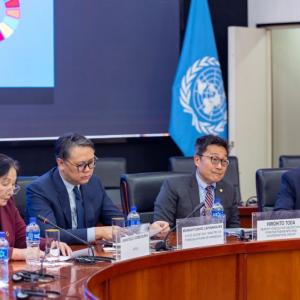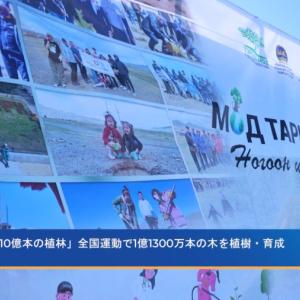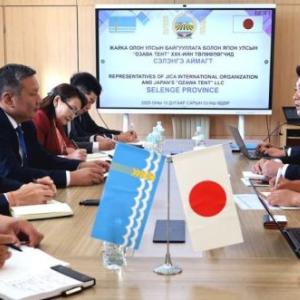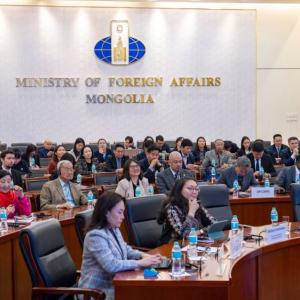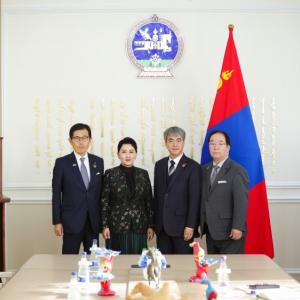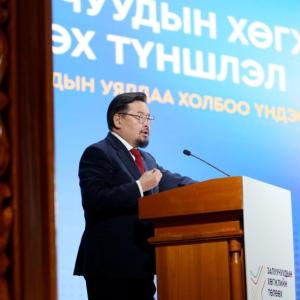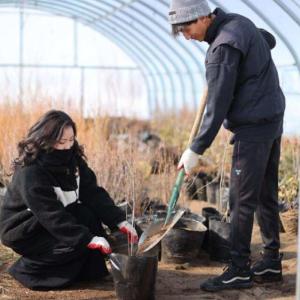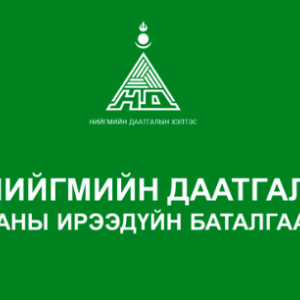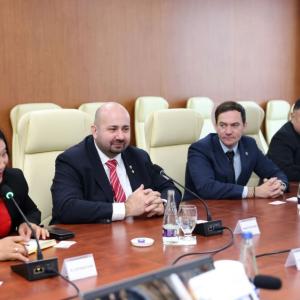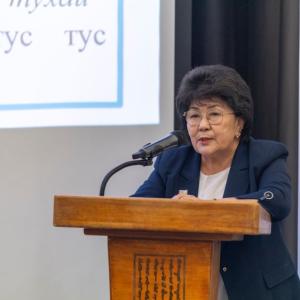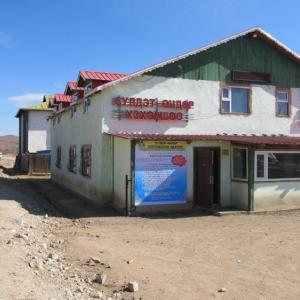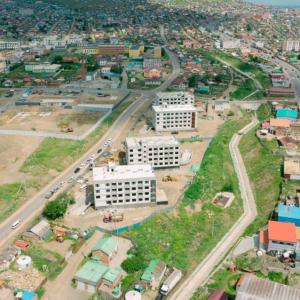Dr Enkhtuvshin providing education on treatment for Hepatitis C
SocietyUlaanbaatar /MONTSAME/ Enkhtuvshin’s mother was a doctor. This did not prevent her from having years of ill health and, ultimately, dying from cirrhosis caused by chronic hepatitis C. He spent the final five years of his mother’s life caring for her as well as he could, during which Enkhtuvshin also started developing symptoms of liver disease. Knowing the importance of getting tested, he did so in 2012 and was diagnosed with hepatitis C.
Enkhtuvshin says, “It was extremely difficult for me to be diagnosed with hepatitis C since I lost my mother to the same disease. However, at the time I knew that new medicine was coming. I have been waiting for it to arrive ever since. I also took the opportunity to learn about hepatitis C from information I gathered from the internet, which was all in English.”
Enkhtuvshin began hepatitis C treatment in early 2016. New hepatitis C medications are in tablet form, and a full course of treatment lasts only three months. In Mongolia, the first people began treatment in November 2015. After only six weeks of treatment, the virus was completely gone. Unfortunately, Enkhtuvshin already had cirrhosis and therefore needed further treatment.
“I feel good,” says Enkhtuvshin, “but I cannot be selfish and spend lots of money on treatment.” So Enkhtuvshin next started to set up a nongovernmental organization to work on reducing hepatitis C infection in Mongolia and to work towards providing a cure for everyone. His vision is to have future generations free from viral hepatitis.
Enkhtuvshin says, “Treatment is not inexpensive, but the price is reasonable. From 2012 to 2015, when I was waiting for new medicine, I had treatment to improve my immunity so that my liver wouldn’t be harmed. In fact, that treatment was more expensive than the current medicine cost.”
Enkhtuvshin is now working on a project to provide awareness and education and to encourage people to get tested. The project is called Buten [Whole] Liver Mongolia and seeks to provide testing in provincial hospitals, including viral load testing. More than 1000 people have participated in the project so far, which has been working closely with the provincial health departments in Mongolia.
Many people in Mongolia have lost their family members because of hepatitis; it has significantly affected the country. More needs to be done to provide awareness and education on the impact of the disease and prevention and treatment options.
Says Enkhtuvshin, “Let’s get tested and get diagnosed. If you are infected, then get treatment; if you are not infected, get vaccinated. We’re trying to cure as many people as possible in Mongolia, working in collaboration with various organizations, including from both the public and private sectors. This also means providing training for the community, since our teachers have been the people with hepatitis themselves. These people are volunteering their time, and they are starting to have a real impact by reaching many in the community and providing vital education.”, wrote the World Health Organization (WHO) on the World Hepatitis Day, observed July 28.
 Ulaanbaatar
Ulaanbaatar















